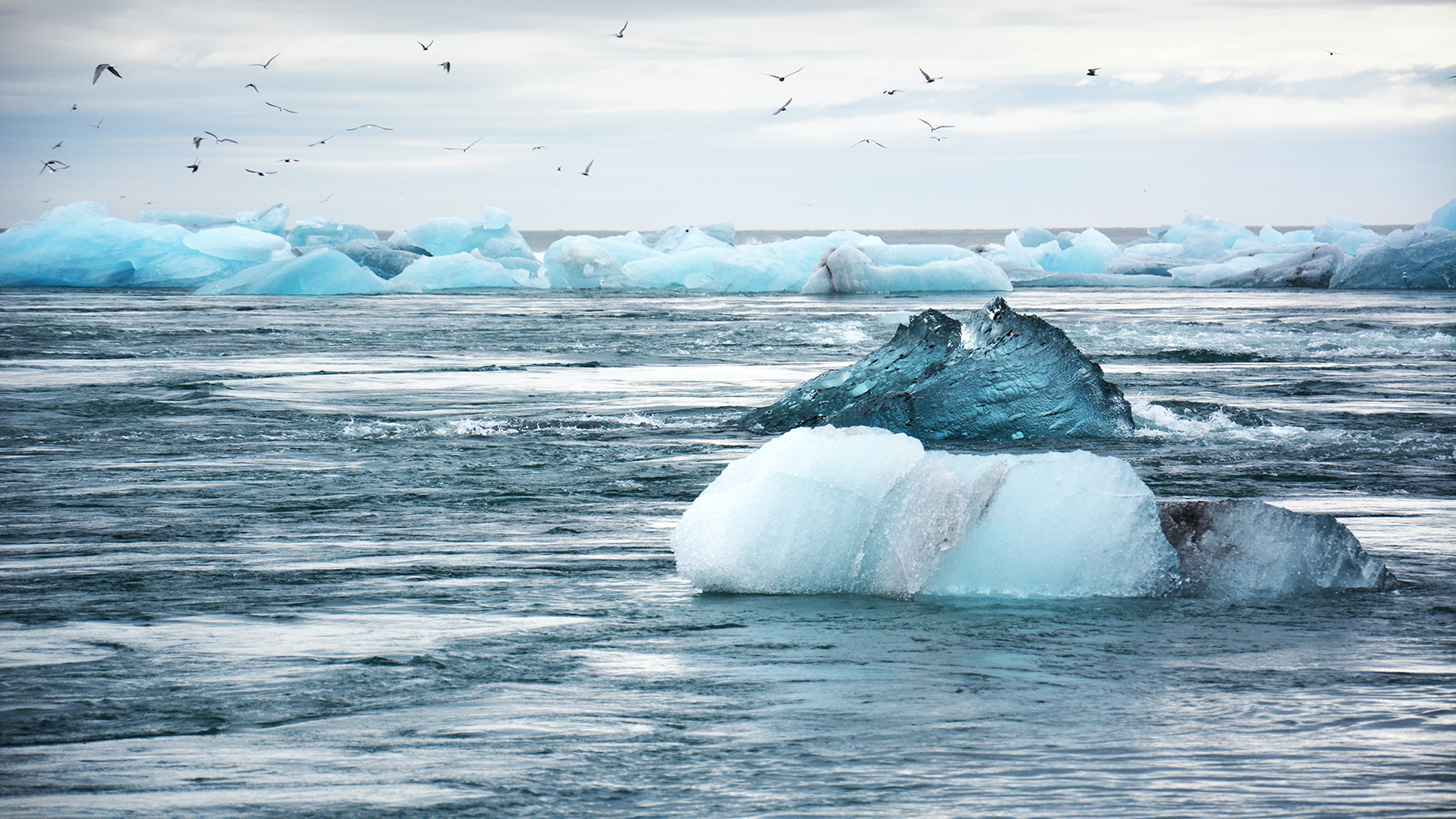
On 13 November 2021, the two-week international climate summit COP26, held in Glasgow, UK, was concluded after leaders from over 190 countries agreed on a new deal, the so-called Climate Pact in Glasgow. The aim of COP26 was for leaders from around the world to agree on how to step up global action to tackle the climate crisis. The agreement, which will set the global average temperature increase at between 1.8 and 2.4 degrees Celsius, is a step towards achieving the Paris Agreement's (COP21) more ambitious target of a maximum increase of 1.5 degrees.
Before the COP26 summit, it was difficult to see how countries would achieve the goal of a global average temperature increase of no more than 1.5 degrees set by the Paris Agreement at the COP21 meeting in 2015, based on the global actions taken before COP26 was held. Climate experts now estimate, based on the commitments pledged by global leaders at COP26, that the increase in global average temperature will be between 1.8 and 2.4 degrees. Countries also reaffirmed their ambition to step up efforts to reach the goal of a global average temperature increase of no more than 1.5 degrees. In order to achieve this goal, it was decided, for the first time since the first COP meeting was held, to include rules on the "phase down" of fossil fuel subsidies and use of coal power.
The EU also presented the Global Methane Pledge, an initiative led by the EU and the US, in which over 100 countries have committed to reducing their methane emissions by 30% by 2030, compared to 2020 levels.
The countries also agreed that developing countries will receive $100 billion in annual support for their climate change adaptation. The support will be provided in the form of financial aid for emission reductions and climate adaptation. This support will be paid out until 2025. A proposal for a new common - and long-term - financing target for after 2025 will be prepared, with a decision expected to be taken in 2024.
The EU, which is the largest contributor to international climate finance, has also pledged €100 million to the Climate Adaptation Fund, a climate fund established in 2001 under the UNFCCC to finance projects related to adaptation to climate change. The contribution is the largest donation to the fund so far among the participating countries at COP26. The EU further announced a new partnership with South Africa to support the country in its just energy transition.
In addition, the COP26 agreement finalised the Paris Rulebook, which sets out the rules for reporting and implementing the Paris Agreement, by introducing transparency and reporting obligations, to ensure that all participating countries record their progress under their respective emission reduction targets. For Sweden and several other countries, it has been important to ensure that countries should report their emissions in an equal manner and be subjected to the same reporting requirements. The new rules that are now in place mean that all countries must report their emissions in a transparent way allowing the emission figures to be reviewed. The Rulebook also establishes an "Article 6 mechanism", which will regulate emissions trading on international carbon markets.
The agreement has been received with mixed reactions, with many EU environmental organisations and politicians stating that the agreement is a step in the right direction towards achieving the goals of the Paris Agreement and that COP26 was the most successful climate summit since the Paris Agreement was concluded. The critics of the agreement argue that the new rules on the phase down of fossil fuels and the use of coal power have not been formulated clearly enough, which risks prolonging fossil fuel and coal power use, rather than actually phasing them out.
While it is clear that all countries accept the goal of climate neutrality, the ambition levels still remain too low to meet the 2030 emissions reduction targets, especially for major emitters such as India and China, who have set their respective climate targets too low in order to meet those set by the Paris Agreement.
It is inevitable that the calls on countries to do more to fight climate change will only intensify in the coming years. Ahead of the next climate summit, COP27, to be held in November 2022 in Egypt, political pressure is mounting on countries to present concrete and ambitious emission reduction plans to close the emissions gap by 2030.
Link to the Glasgow Climate Pact.